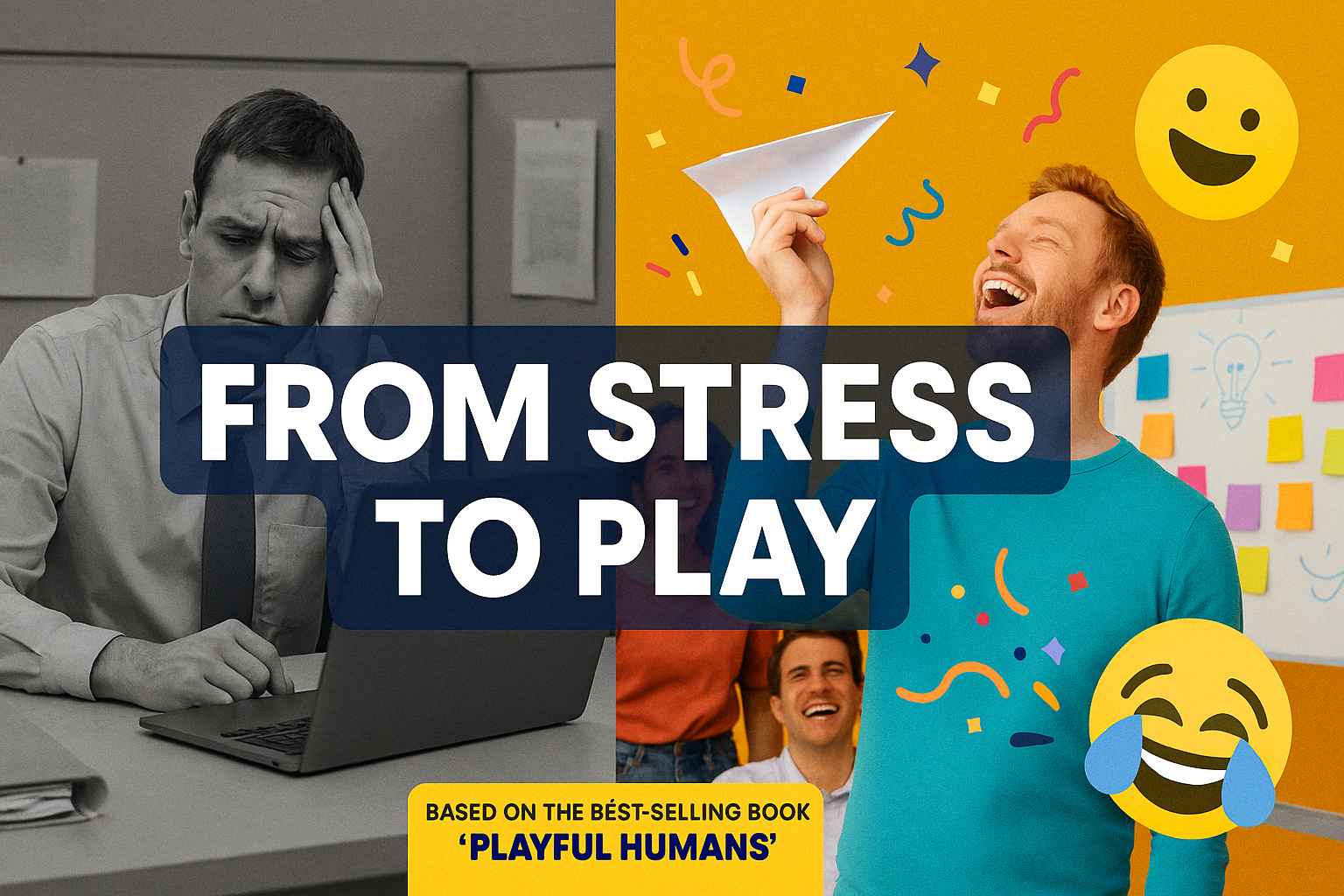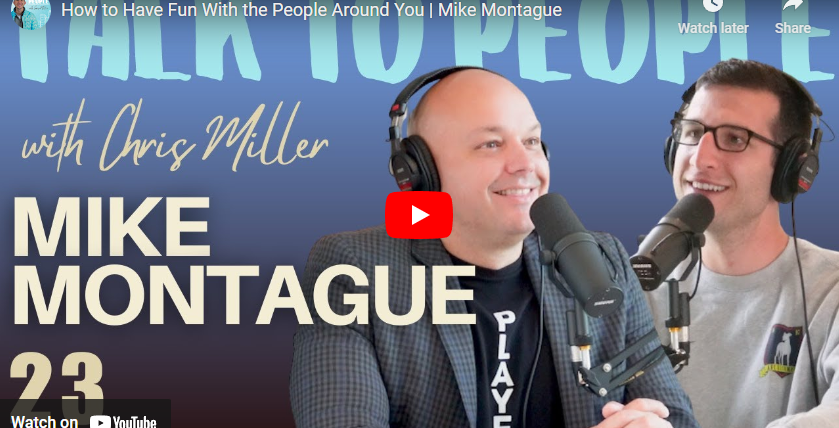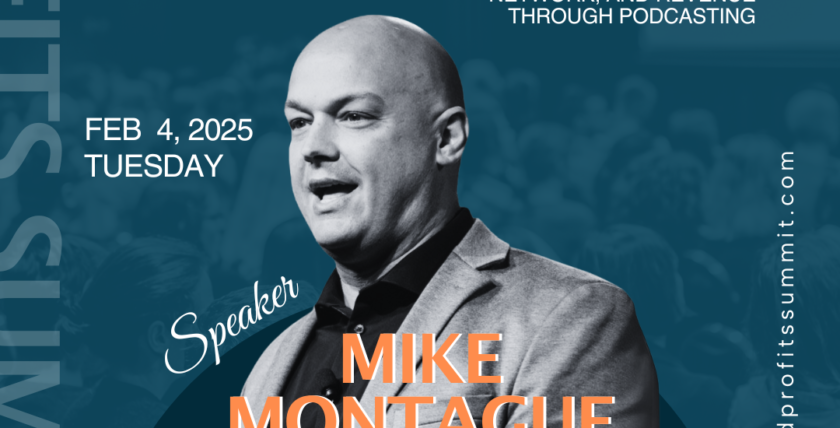Let’s get one thing straight: just because you’re an adult doesn’t mean you have to act serious all the time. That suit doesn’t come with a clause that says you must abandon joy and only smile on weekends.
Mike Montague, author of Playful Humans, is here to remind us that not only is laughter allowed in the workplace—it’s necessary. In a recent podcast interview, he shared how humor, silliness, and a little structured chaos can actually help you do your job better. Yes, better. Not worse. Not distracted. Not goofing off into oblivion. But actually more productive, creative, and less stressed.
Laughter and Stress Can’t Sit at the Same Table
Try it. Try laughing hysterically while having a full-blown panic attack. It doesn’t work. That’s because stress and laughter are chemically incompatible. Laughter dumps a cocktail of feel-good neurotransmitters (dopamine, serotonin, oxytocin, endorphins) into your system. These are like the original productivity tools. They help you think faster, connect with others, and recover from setbacks.
The data backs it up:
- Happy salespeople outperform their stressed-out peers by 27%.
- Overworked programmers working 70+ hours a week actually write less code than those working 40.
This isn’t just “fun for fun’s sake.” It’s fun because it works.
Work Is Not One-Size-Fits-All. Neither Is Play.
Mike breaks down work into three categories:
- Physical Work – If you’re lifting bricks or moving boxes, hard work equals more output. No surprise there.
- Intellectual Work – Think too hard for too long, and your brain becomes mashed potatoes. This needs pacing and space to breathe.
- Emotional Work – Trying harder often backfires. Empathy, creativity, and emotional labor thrive when we feel relaxed and connected.
Different types of work need different doses of play. Physical jobs might benefit from a fun warm-up routine. Intellectual jobs might need creative breaks or “bad idea” brainstorming sessions. Emotional work needs genuine connection and space for laughter.
“Bad Idea” Brainstorming? Brilliant Results.
One of Mike’s favorite tools is the “bad idea” brainstorm. Invite your team to pitch the worst solutions they can think of. It’s like a creativity stretch. No one’s afraid of being judged. People laugh. And more often than not, one of those bad ideas leads to a surprisingly good one.
Add a little self-deprecating humor, and now you’ve got a workplace culture that allows failure, experimentation, and humanity. That’s where creativity lives.
Start Small. Stay Consistent.
If you’re worried about showing up to your next Monday morning meeting in a clown wig, relax. That’s not what this is about.
Play at work can start small:
- Open meetings with a silly question or a “dad joke of the day.”
- End the week with a creativity challenge or fun quiz.
- Give people permission to pause and laugh—even if nothing gets “produced” in that moment.
When these micro-moments are practiced consistently, they build a foundation of trust and psychological safety. That’s when real productivity starts to kick in.
The Sweet Spot Between Order and Chaos
Play is movement between structure and surprise. If work is all order, it becomes robotic. If it’s all chaos, it’s exhausting. Great play (and great work) lives in the space where the two meet.
Mike’s philosophy blends science with silliness. And that balance is what makes it work. He grew up with a grandmother who was born on April Fool’s Day and introduced him to Monty Python, Steve Martin, and The Far Side. That joyful, silly spirit built a family culture of humor and creativity. And now? He’s sharing it with the world.
Want More Play? Start Here.
You don’t have to overhaul your life overnight. But you can start treating joy as a valid ingredient in your professional toolkit.
Grab Mike’s best-selling book Playful Humans on Amazon. It’s not just another self-help book that tells you to “chase your passion.” It shows you how to stop chasing so much in the first place and find joy right where you are.
Explore your personal play style at playfulhumans.com/quiz. Or bring Mike into your company through keynotes and workshops. It might be the most fun your team’s had since casual Fridays were invented.
Your Challenge: Add 5 Minutes of Play to Your Day
This week, try one of these:
- Take a laugh break. Watch a funny clip. Read a comic. Share a silly meme.
- Add a “bad idea” round to your next brainstorming session.
- At your next meeting, ask your team a ridiculous question. For example, “If your job were a breakfast cereal, what would it be?”
Play isn’t a reward for getting your work done. It’s the fuel that helps you get there. Because grown-ups deserve recess, too.



